Congrats to the 2025 cohort! Applications are now closed, but please email us at Aaron Reser at areser@umn.edu
if you are interested in applying for this program in the future.
Read a recap of the fall 2024 farm visit and retreat here.
The Equipping Next Gen Ag and Conservation Professionals Mentorship Program
As we journey to nourish people and maintain ecosystems for generations to come, connecting innovative and Indigenous/ancestral/traditional knowledge in the agricultural and conservation landscape is critical. The challenges we are facing are an extreme threat to the Earth and its entities that sustain our way of life and being. In this program we focus on diverse agricultural landscapes through the concept of Continuous Living Cover: strategies that maintain roots in the ground and cover on the soil year-round on productive agricultural land. For example: agroforestry, perennial grains, perennial biomass, perennial forage and grazing, and CLC with annuals – cover crops, small grains, and winter oilseeds. The current and next generation of agricultural and conservation professionals and enthusiasts will need to envision, embrace, and effectuate landscape-scale transformation to truly set us on the path of agricultural sustainability. This challenge requires us to fully and authentically leverage a broad range of ideas, practices, and ways of making meaning to build resilience in both ecological and human systems. Human diversity and diverse agricultural landscapes are not independent of one another: We must embrace them BOTH simultaneously.
Are you interested in transforming agriculture, livestock production and rural landscapes in ways that support communities and sustain the environment? This 2024-2025 mentorship program will support two cohorts of learners from all walks of life connecting with incredible mentors, farmers, and trainers representing diverse ag communities across the Upper Midwest. The program is led by Dr. Akilah Martin and Green Lands Blue Waters.


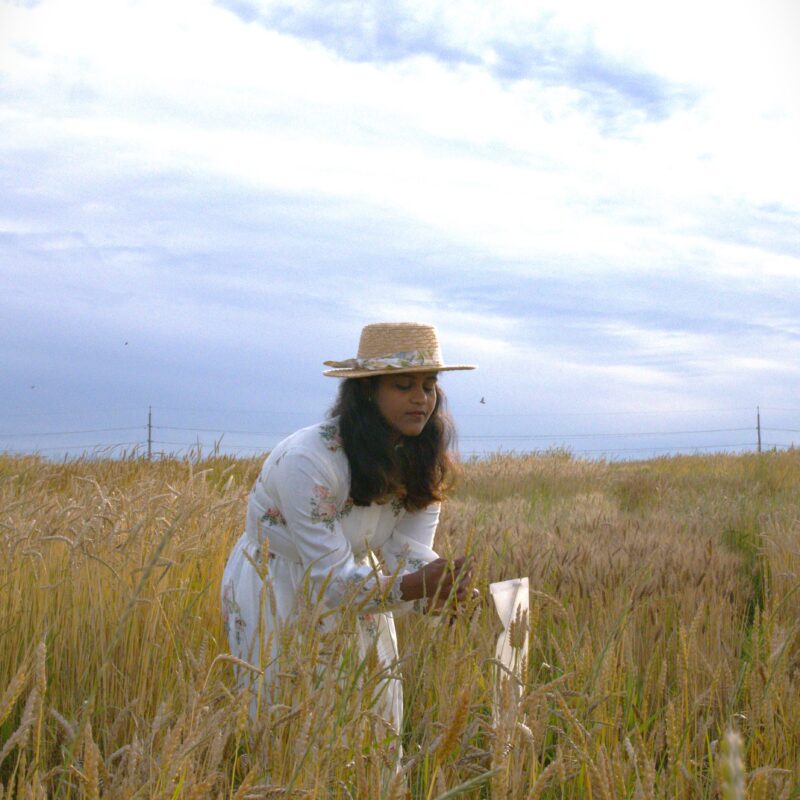
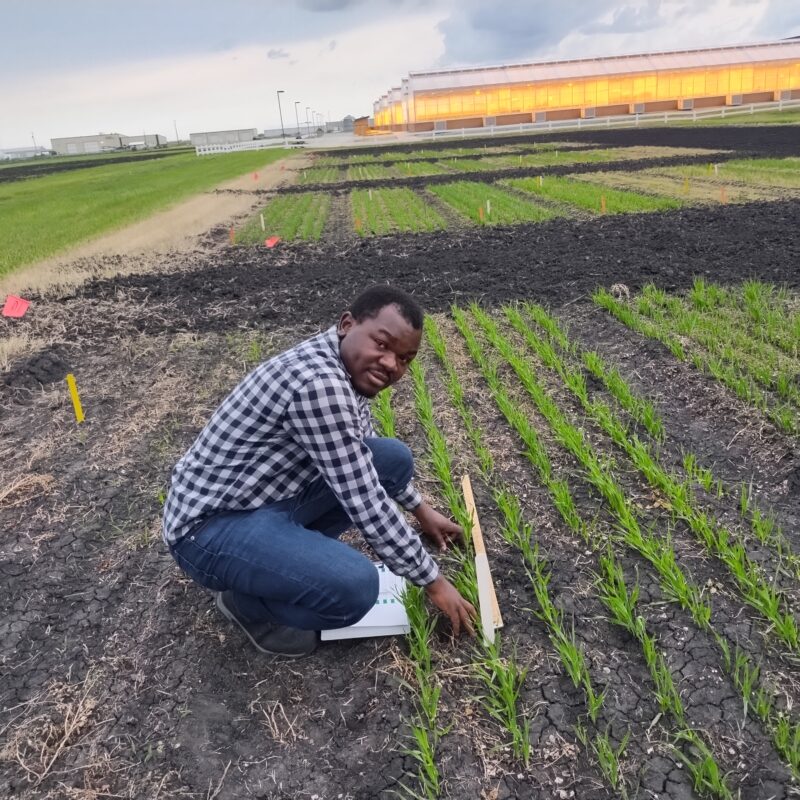
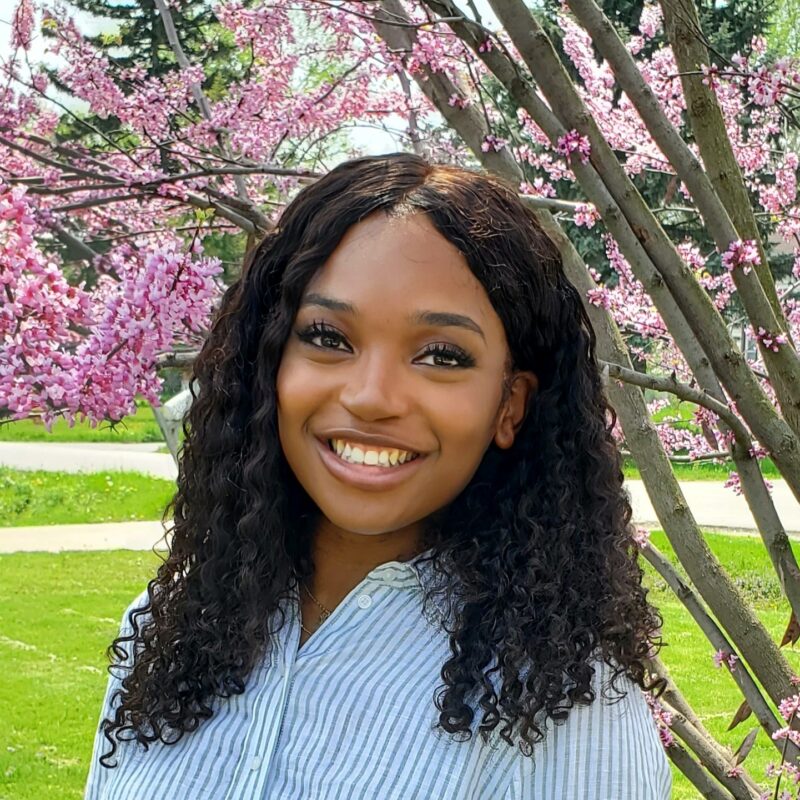
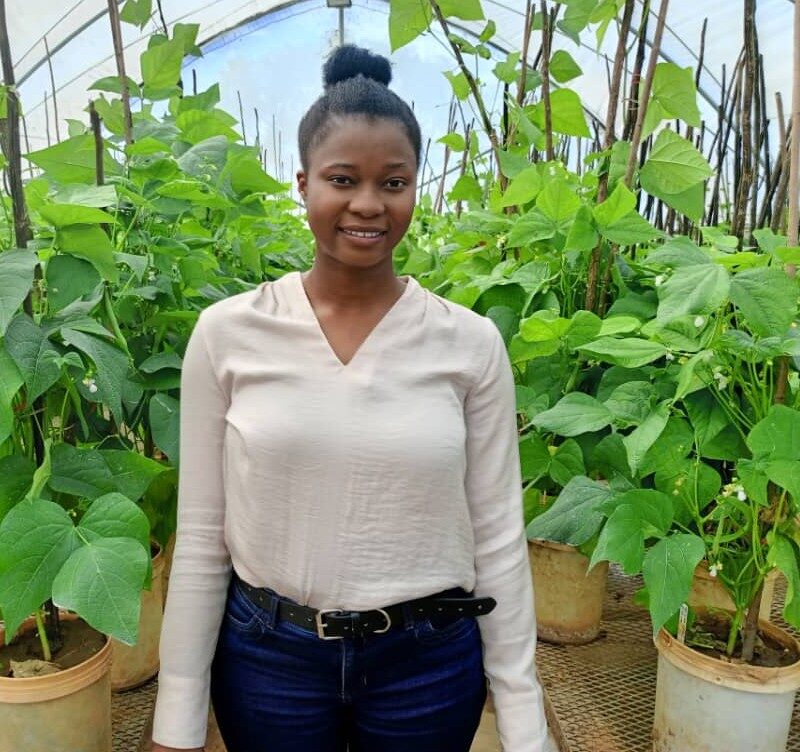

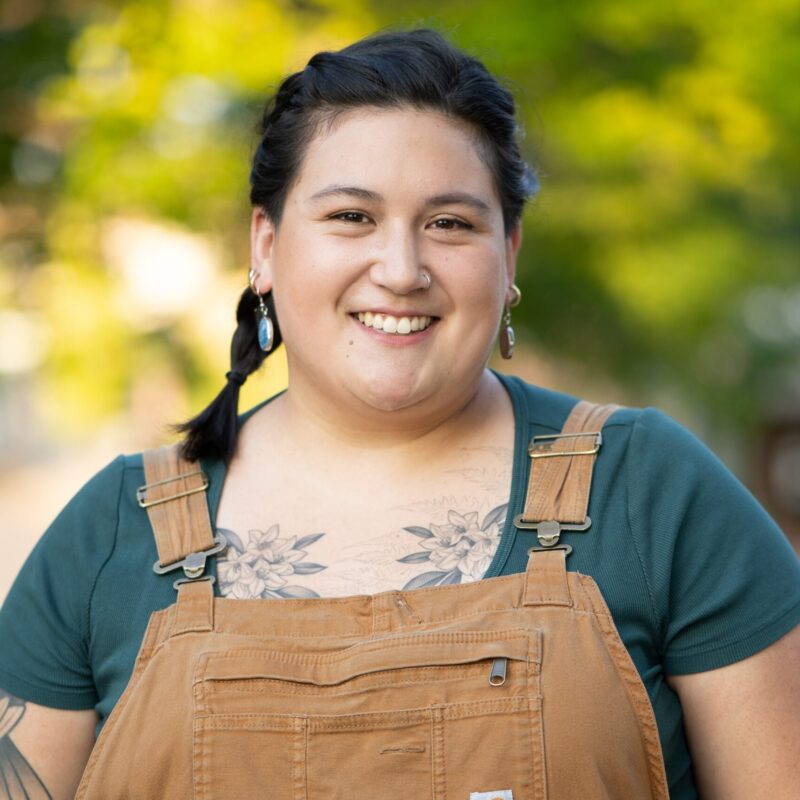
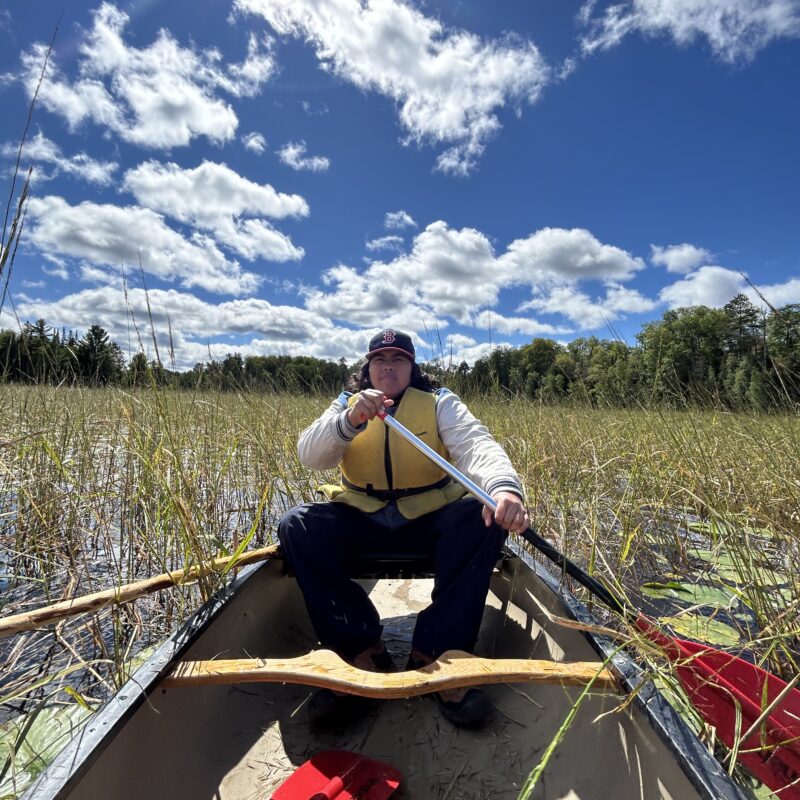


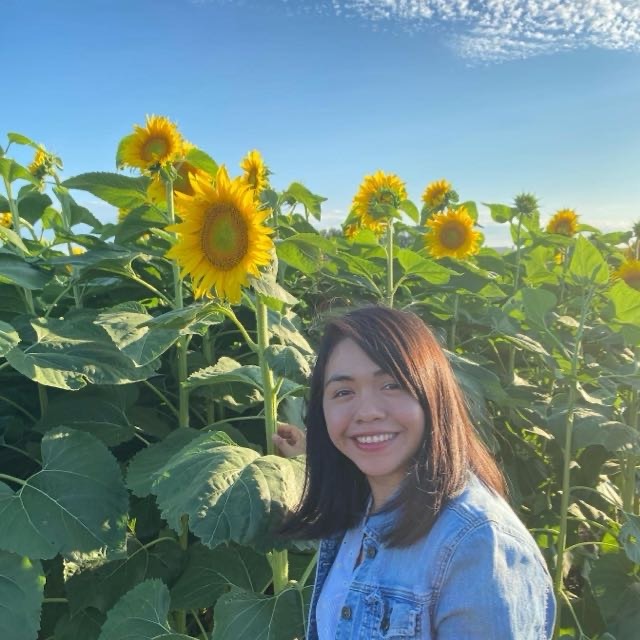
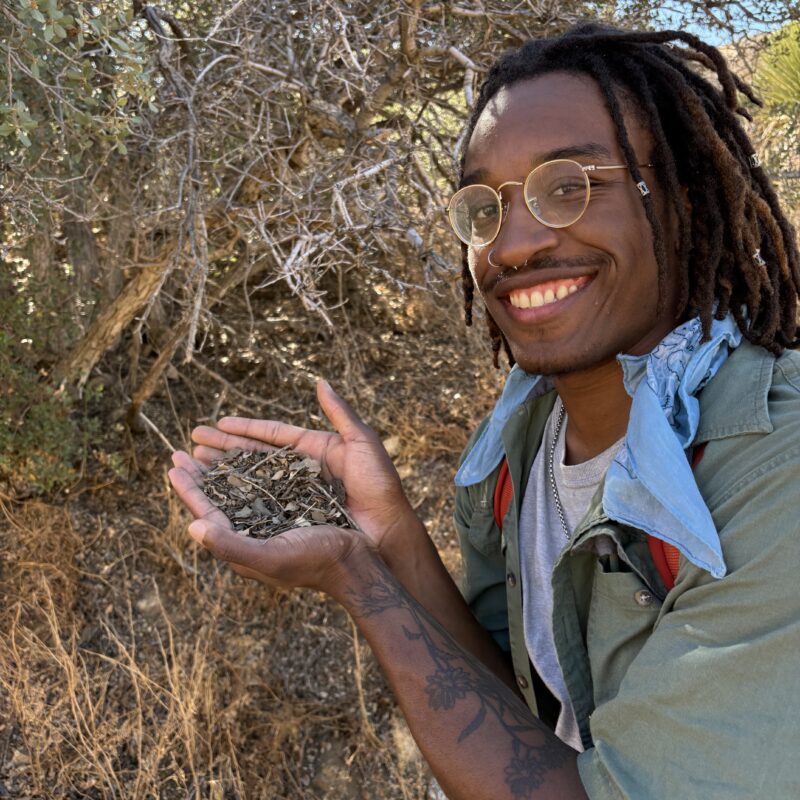
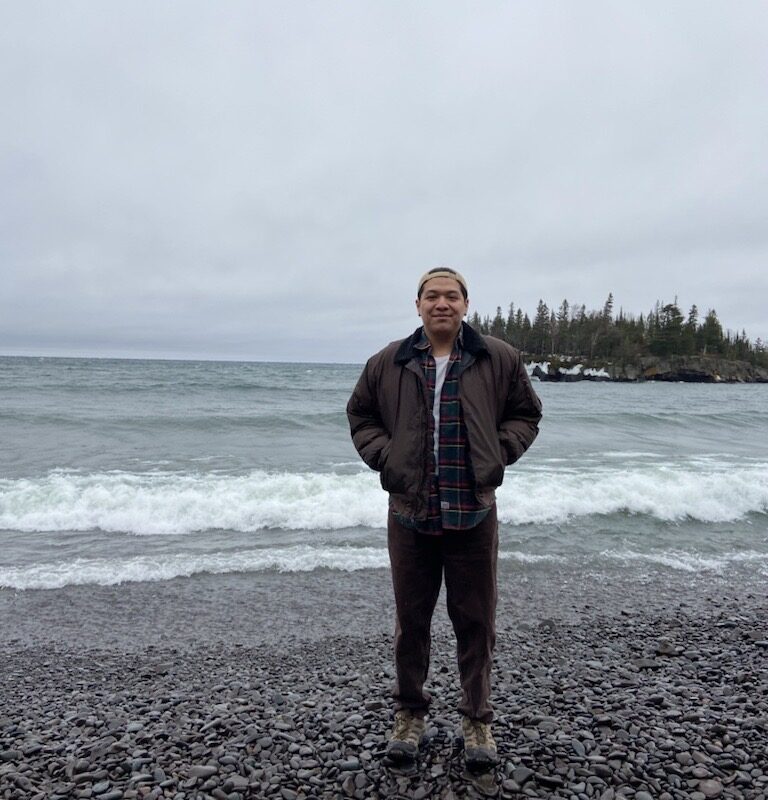
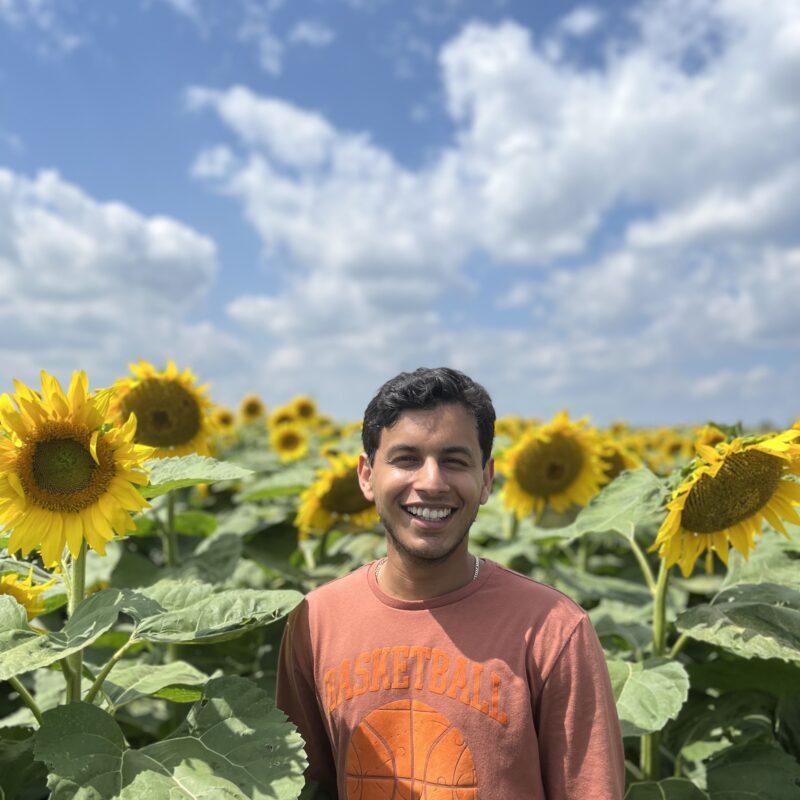
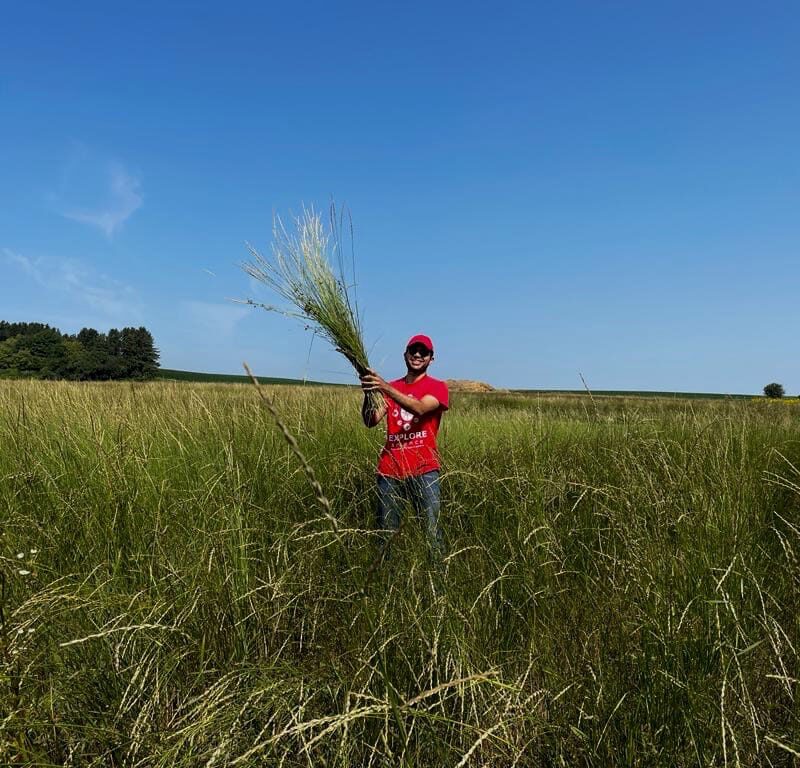
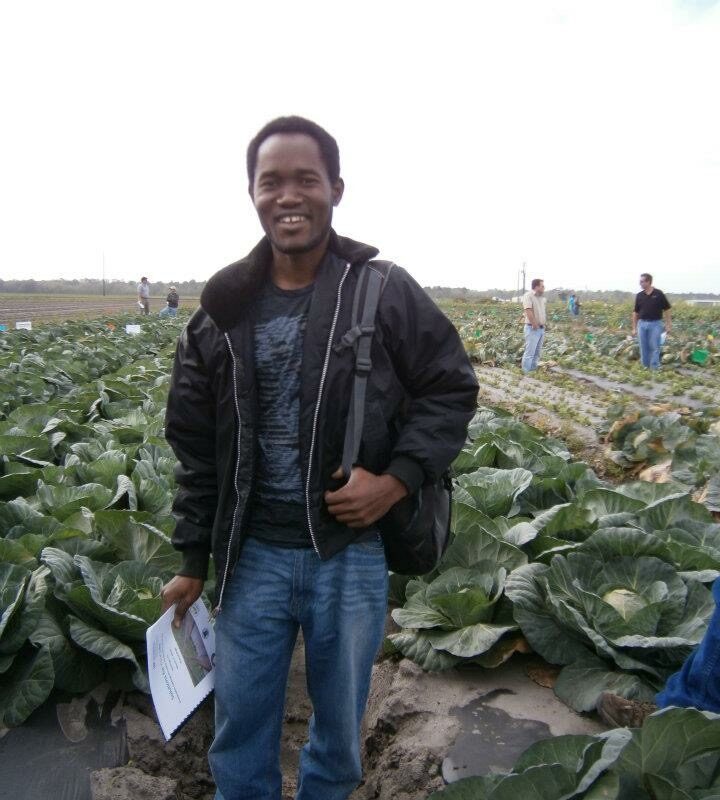
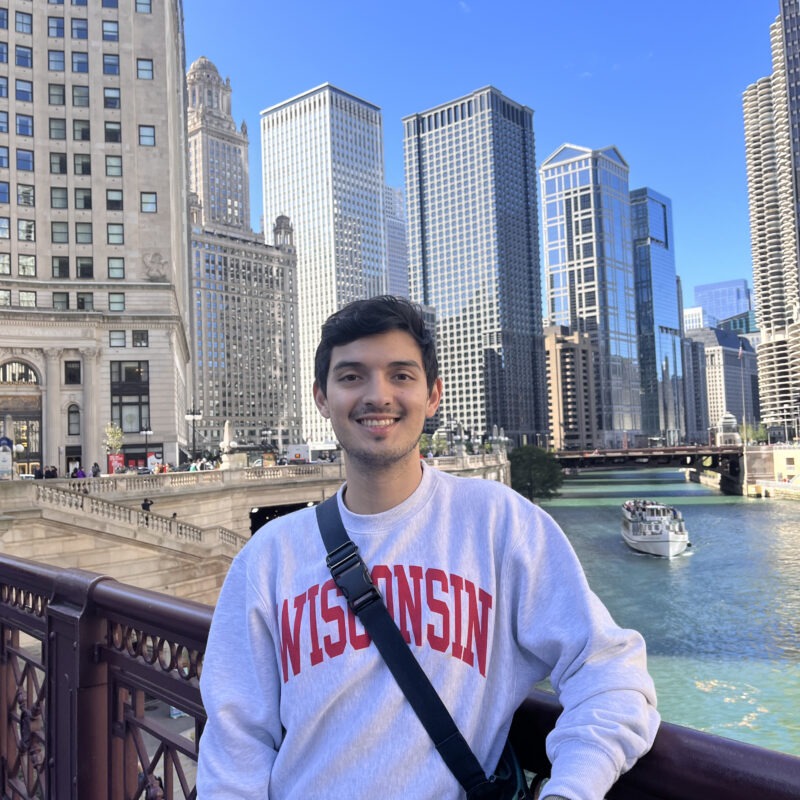

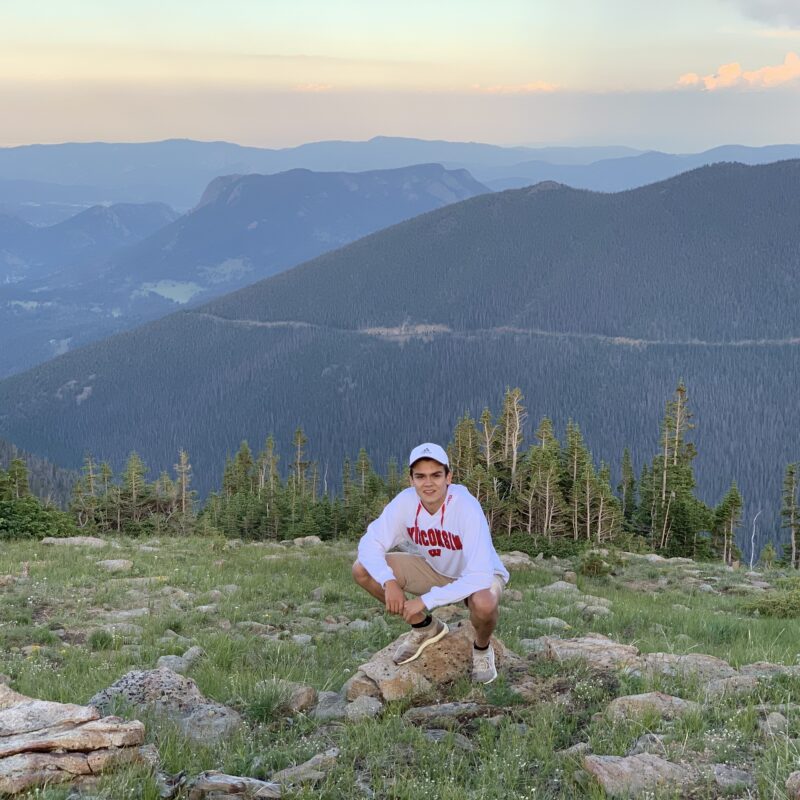
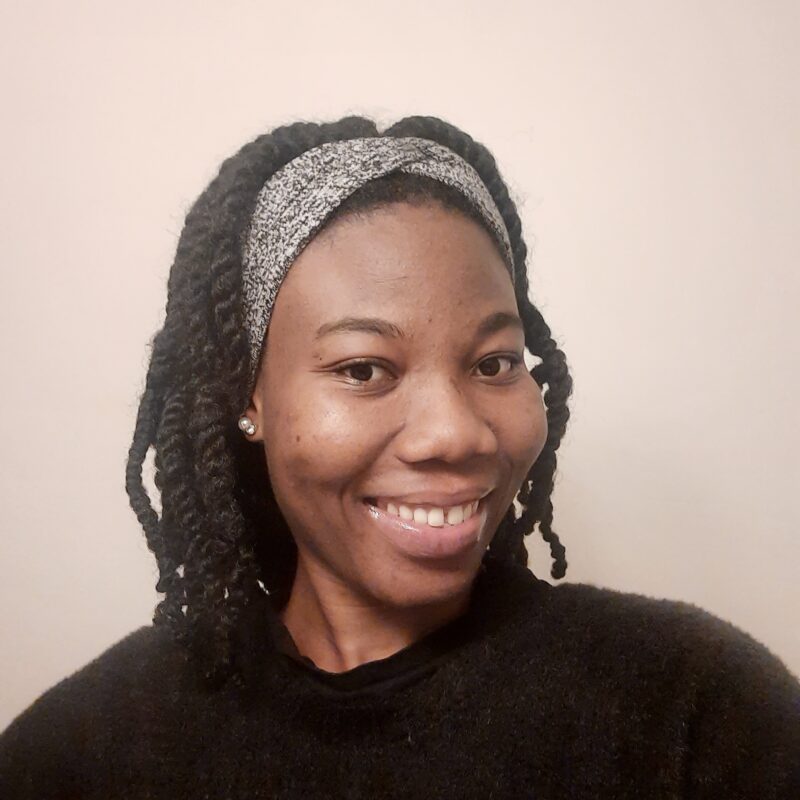
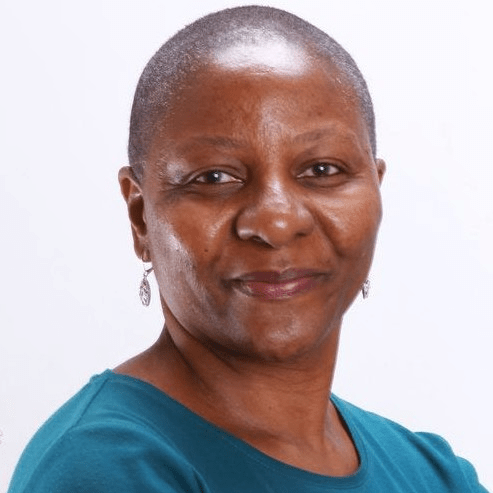

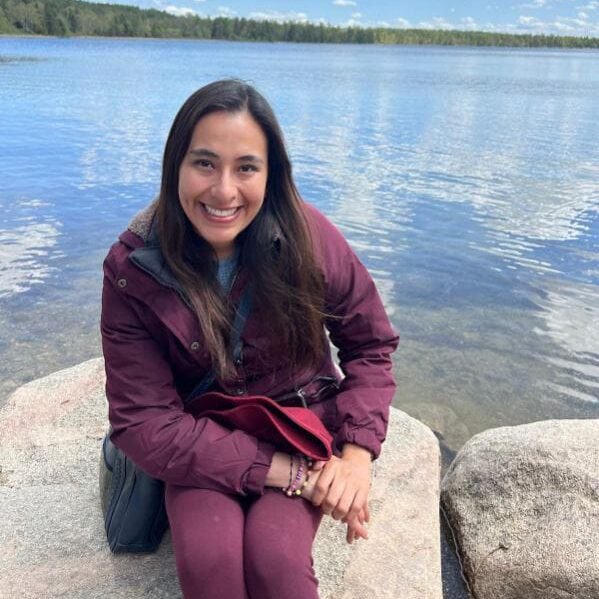
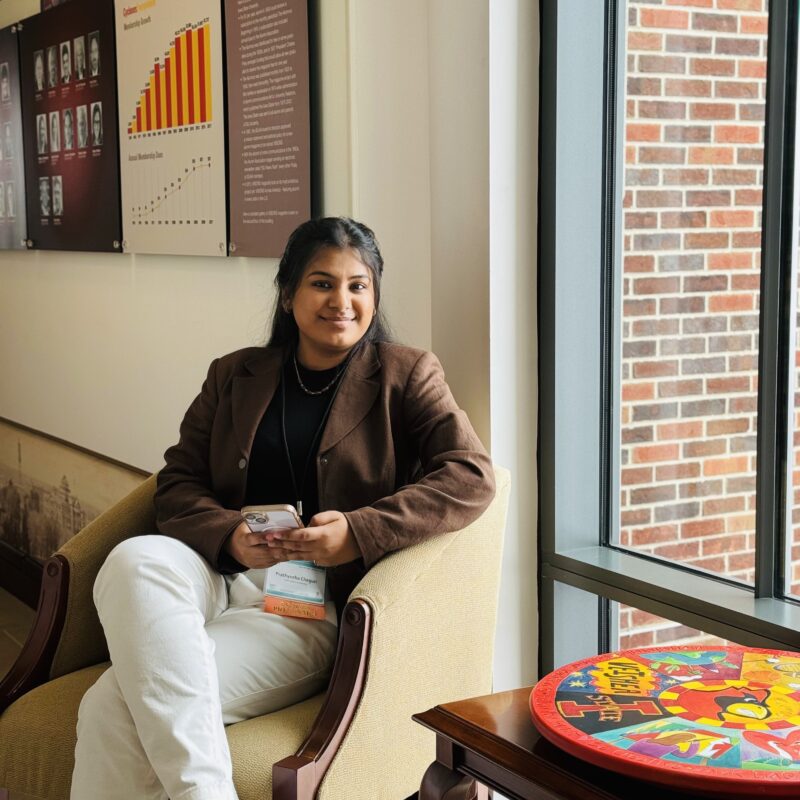
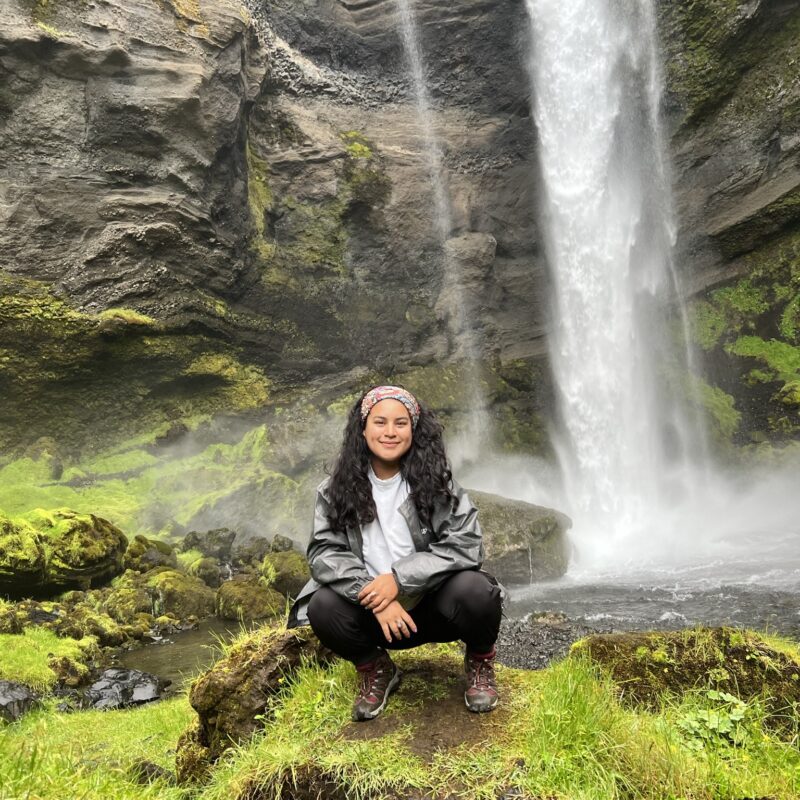

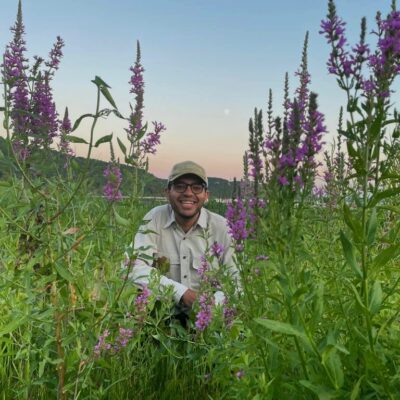
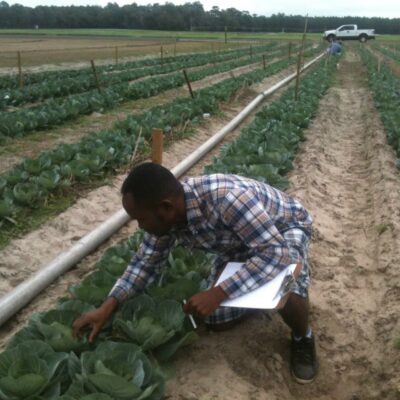
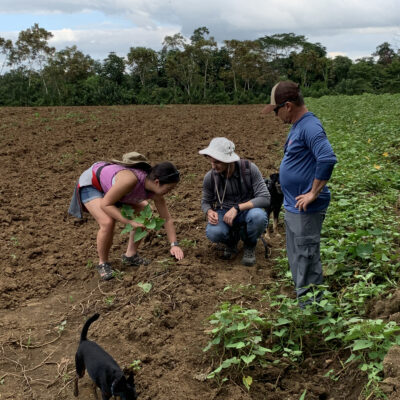
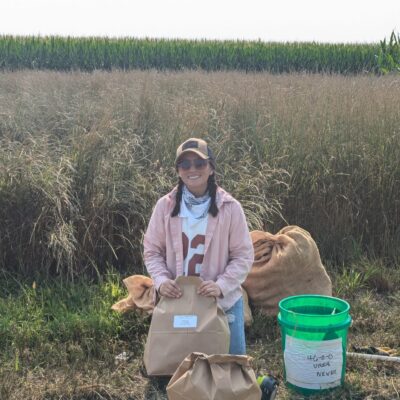
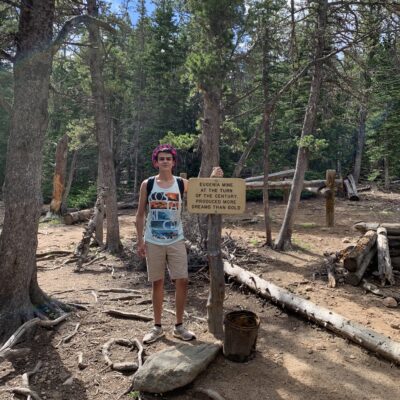
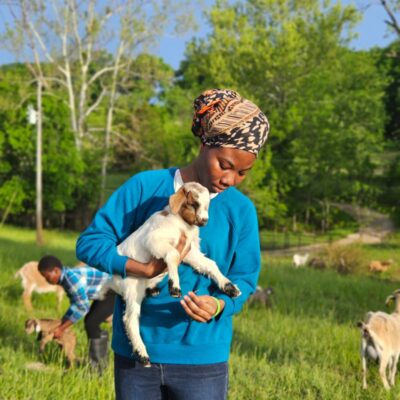
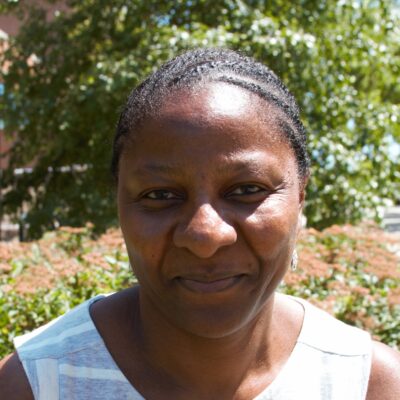
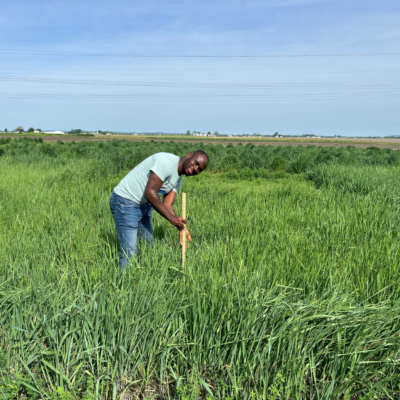
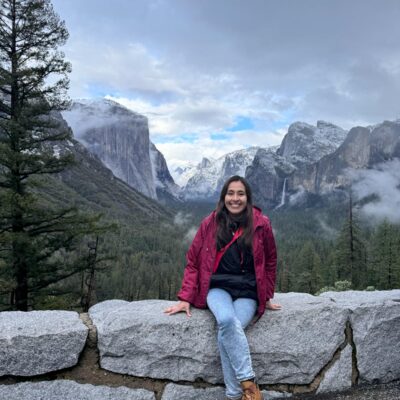
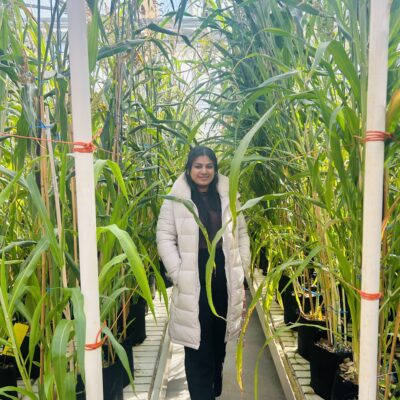
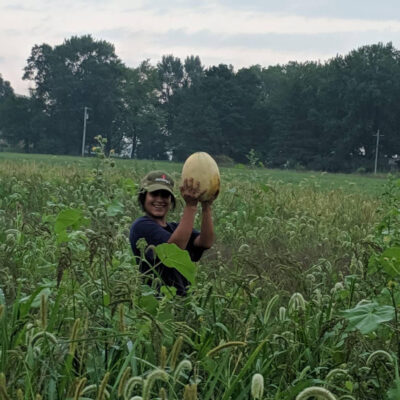
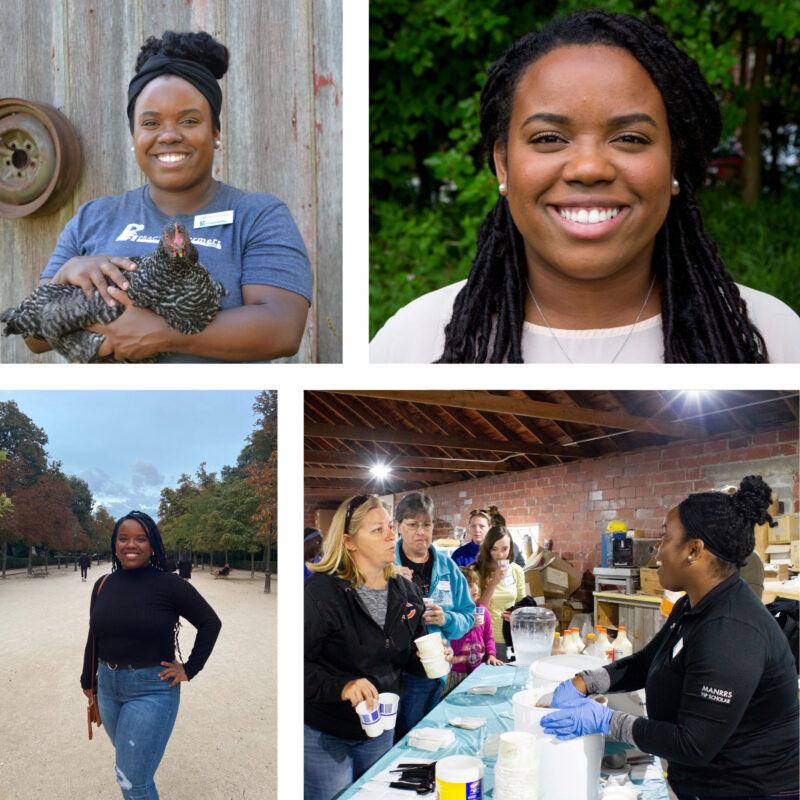
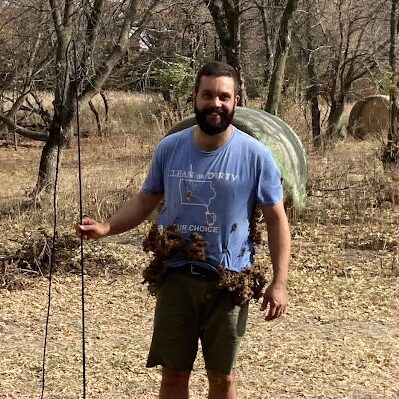
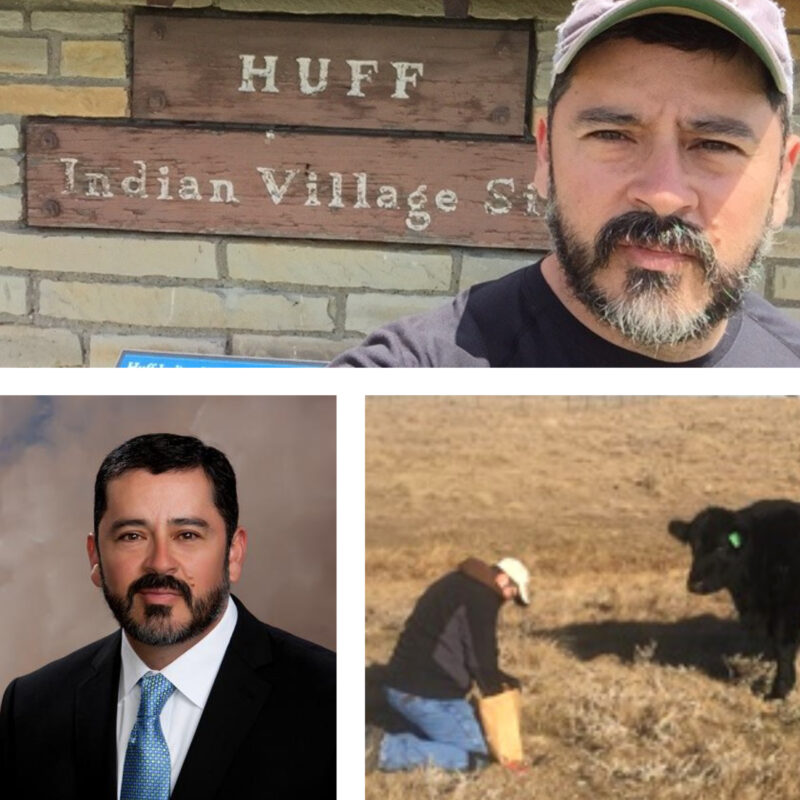
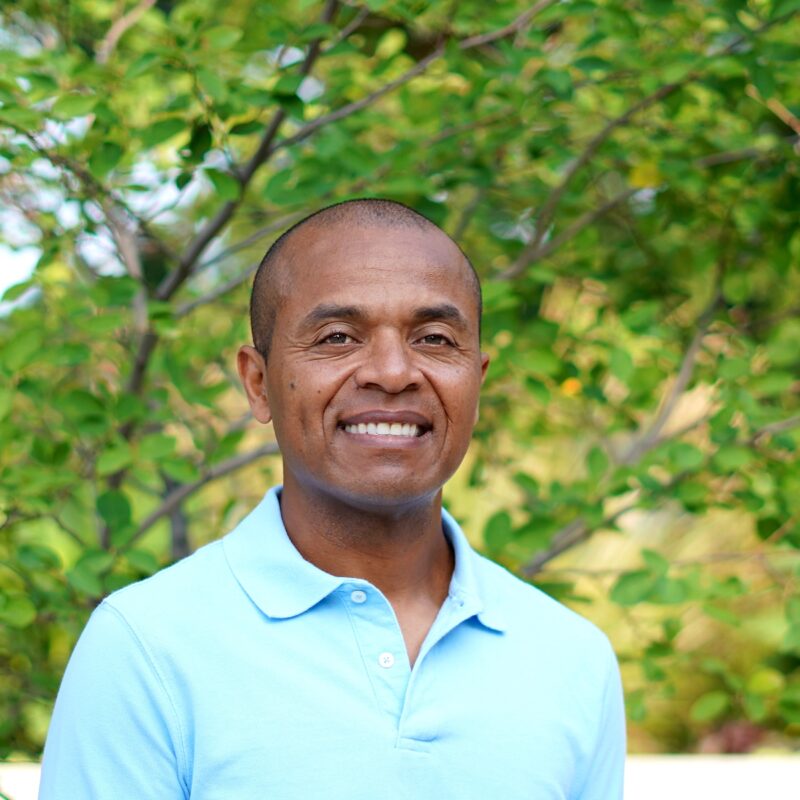
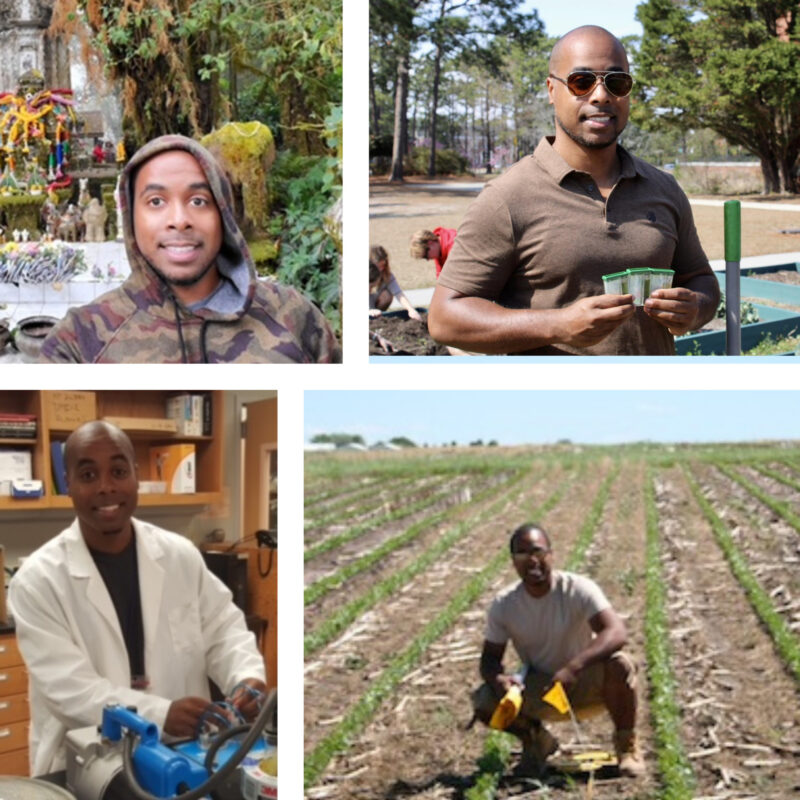
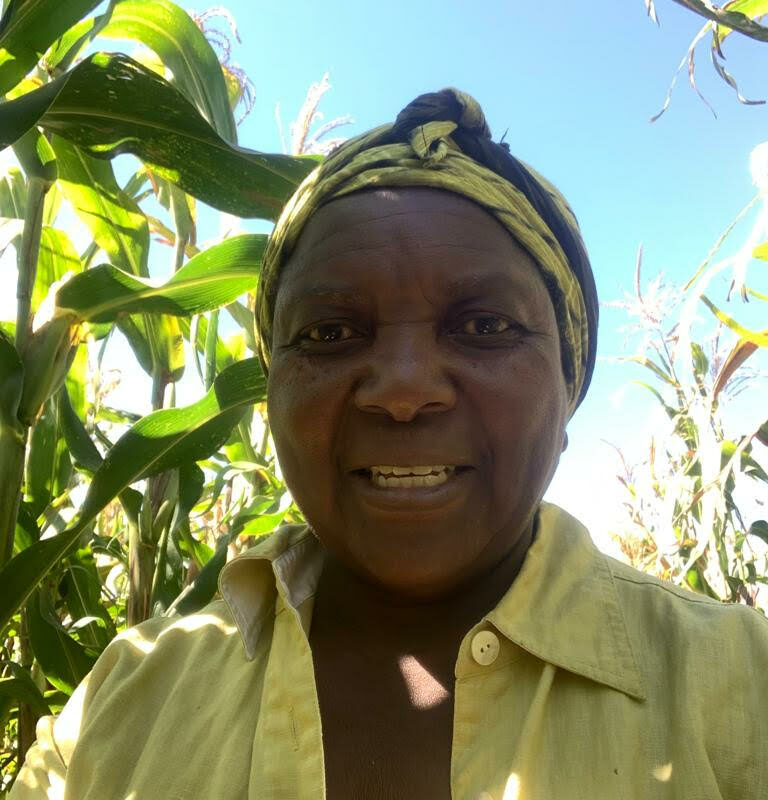
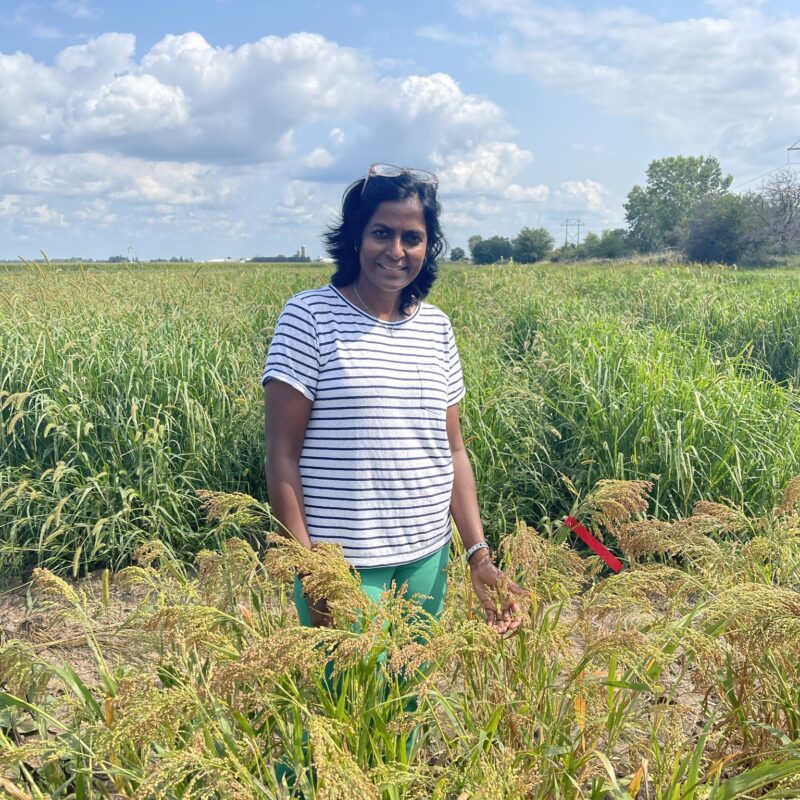
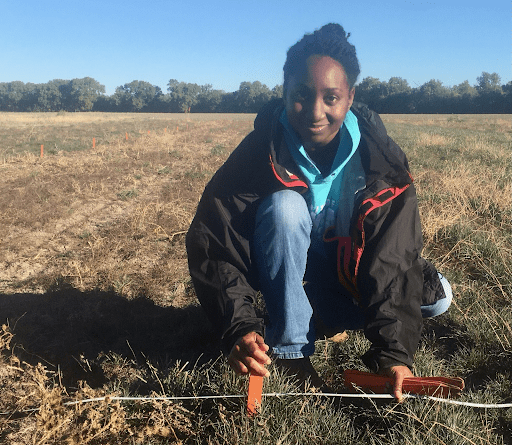
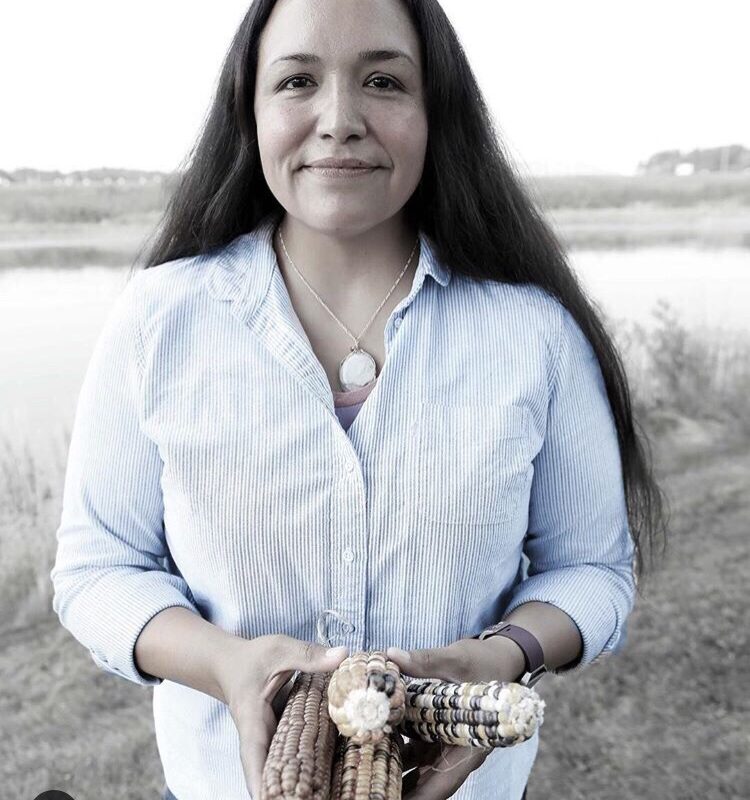
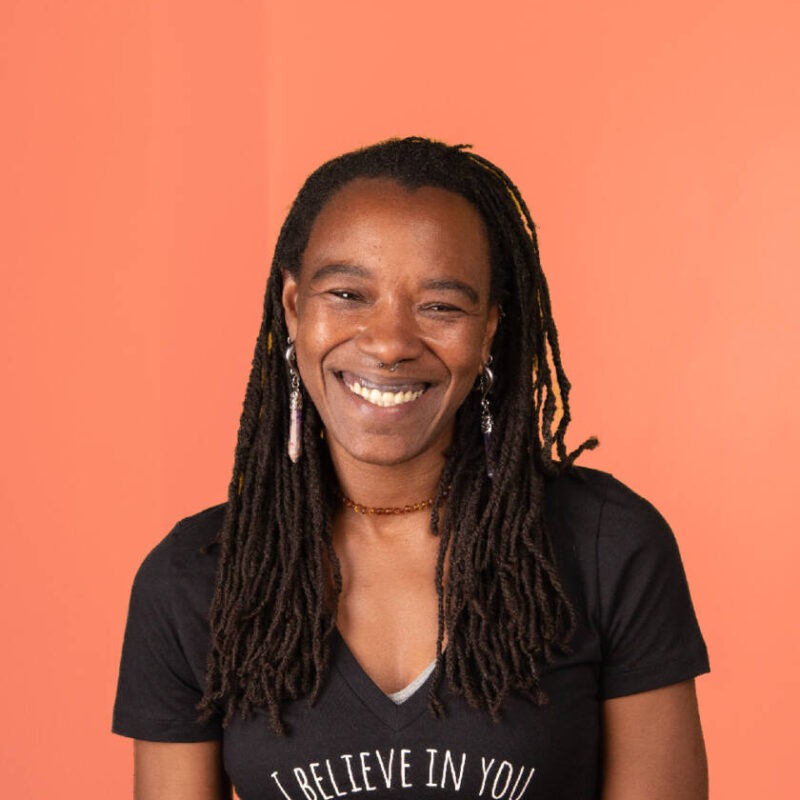
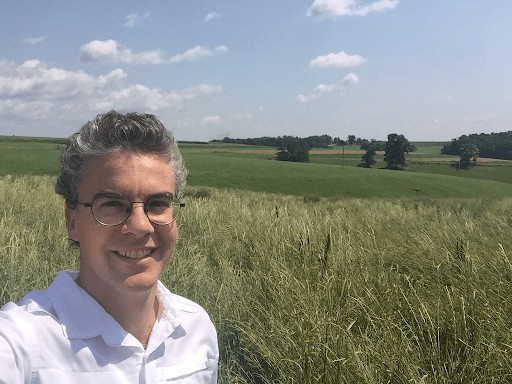
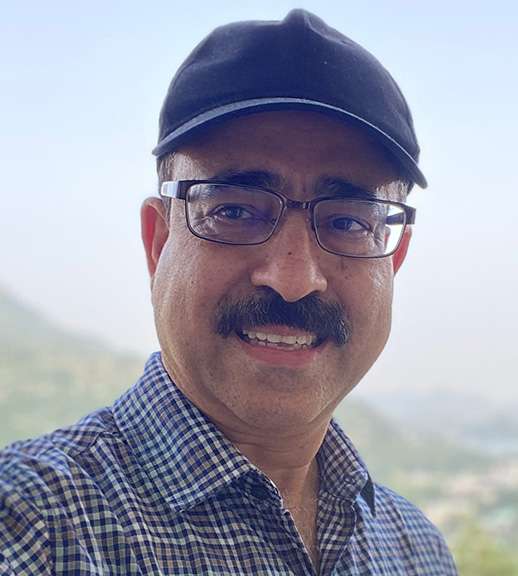
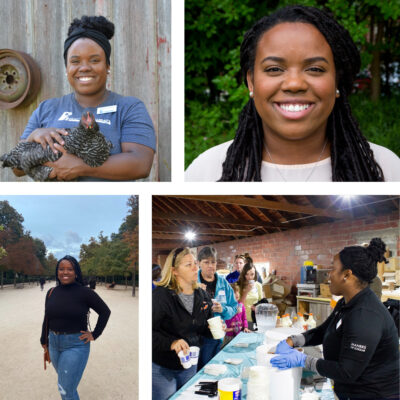
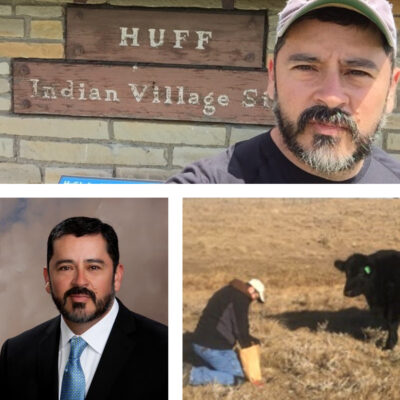
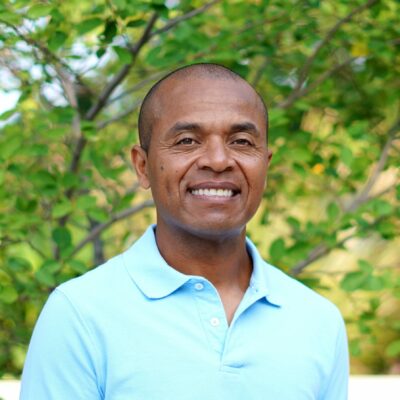
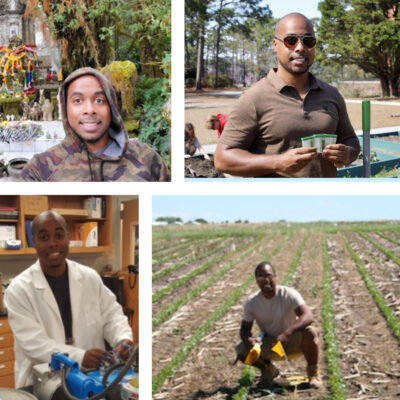
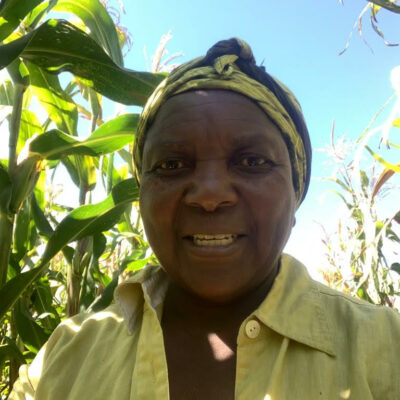
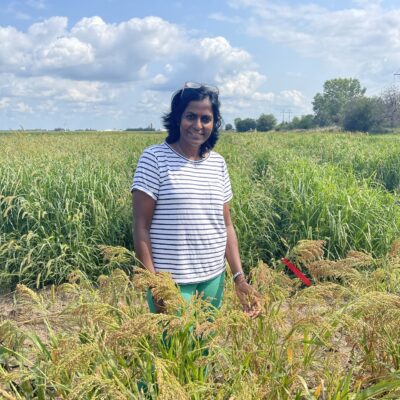 Dr. Esther S Durairaj is the Education Director and a Research Agronomist at the Michael Fields Agricultural Institute, East Troy, Wisconsin. She obtained her Bachelors and Masters in Agriculture in India, and a doctorate in Agronomy, and began her career as a Scientist with the Agricultural Research Service (ARS) in India . Always a proponent of sustainability, she spent her years in research working on low input sustainable agricultural systems and practices. She has great experience working on a variety of crops like rice, millets, soybeans, sugarcane, etc. As a research agronomist at MFAI, she works on organic systems and continues to engage in crop research through cover crops, industrial hemp (CBD, grain & fiber hemp) and millets, encouraging diversity in organic cropping systems, and resource conservation.
Dr. Esther S Durairaj is the Education Director and a Research Agronomist at the Michael Fields Agricultural Institute, East Troy, Wisconsin. She obtained her Bachelors and Masters in Agriculture in India, and a doctorate in Agronomy, and began her career as a Scientist with the Agricultural Research Service (ARS) in India . Always a proponent of sustainability, she spent her years in research working on low input sustainable agricultural systems and practices. She has great experience working on a variety of crops like rice, millets, soybeans, sugarcane, etc. As a research agronomist at MFAI, she works on organic systems and continues to engage in crop research through cover crops, industrial hemp (CBD, grain & fiber hemp) and millets, encouraging diversity in organic cropping systems, and resource conservation. 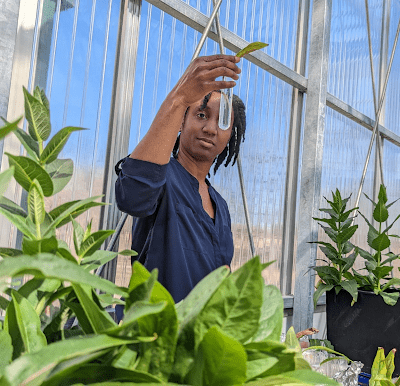
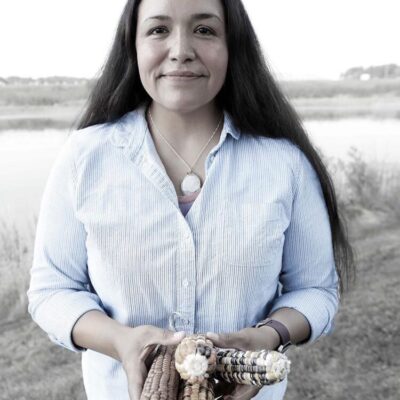
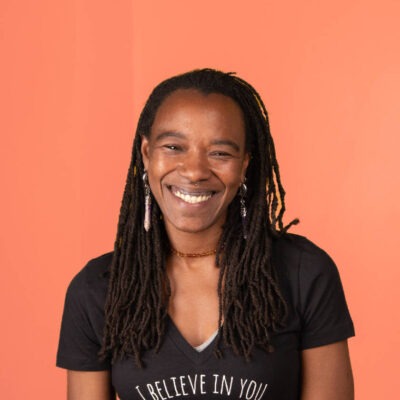
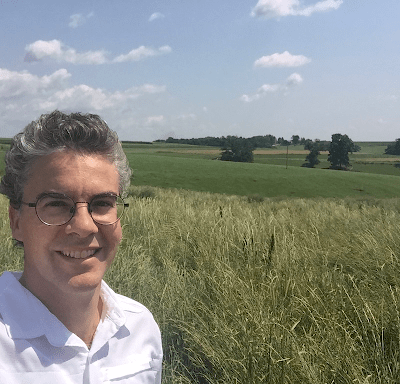
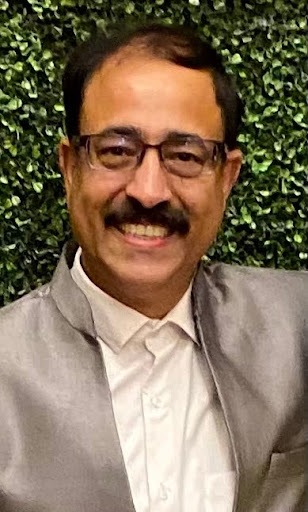 Dr. Dharmendra Saraswat is a professor in the Agricultural and Biological Engineering Department at Purdue University. His primary research is in digital agriculture, specifically applying Geographic Information Systems (GIS), remote sensing, open-source software, and artificial intelligence to create innovative digital tools, including datasets, smartphone apps, decision-support applications, and others, to manage the environment and agricultural production systems. In an academic career spanning over three decades, besides Purdue, Dr. Saraswat has also worked as a faculty member at the University of Arkansas, a scientist at the Indian Council of Agricultural Research, New Delhi, India, and an assistant professor at Chandra Shekhar Azad University of Agriculture & Technology, Kanpur, India.
Dr. Dharmendra Saraswat is a professor in the Agricultural and Biological Engineering Department at Purdue University. His primary research is in digital agriculture, specifically applying Geographic Information Systems (GIS), remote sensing, open-source software, and artificial intelligence to create innovative digital tools, including datasets, smartphone apps, decision-support applications, and others, to manage the environment and agricultural production systems. In an academic career spanning over three decades, besides Purdue, Dr. Saraswat has also worked as a faculty member at the University of Arkansas, a scientist at the Indian Council of Agricultural Research, New Delhi, India, and an assistant professor at Chandra Shekhar Azad University of Agriculture & Technology, Kanpur, India.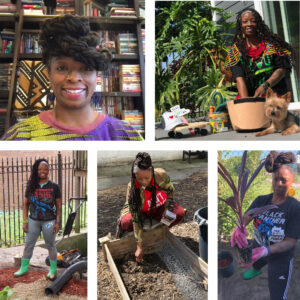
 Green Lands Blue Waters
Green Lands Blue Waters